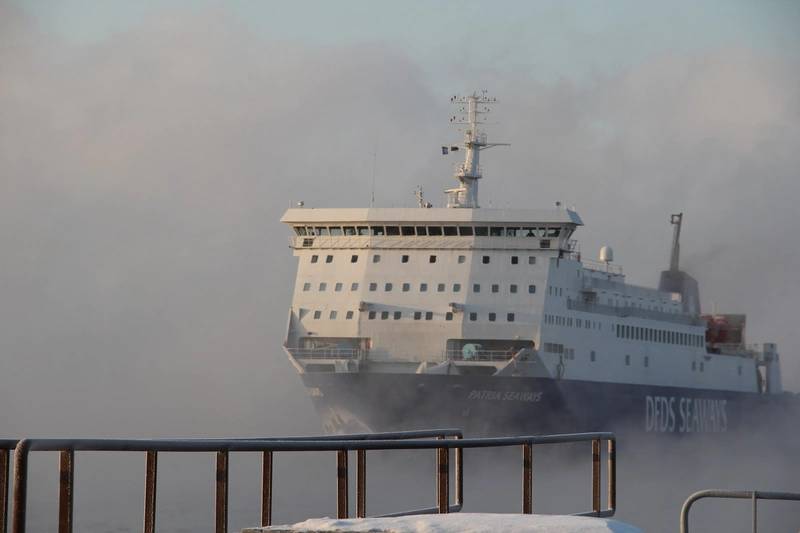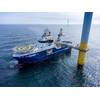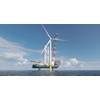Interferry Leads Search for Ro-pax MRV Solution
In an initiative led by trade association Interferry, a special correspondence group has been formed to recommend sector-specific metrics for ro-pax vessels under pending implementation rules for European Union (EU) legislation on the monitoring, reporting and verification (MRV) of carbon dioxide emissions.
From January 1, 2018 the legislation – designed to gauge the energy efficiency of a ship’s ‘transport work’ – will require all vessels of more than 5,000gt operating to or from EU ports to document and report their fuel consumption on an annual basis.

Ro-pax operators have argued that mixed cargoes demand a more appropriate metric than current proposals such as ‘passengers carried’ for cruise ships and ‘deadweight carried’ for general cargo vessels.
Interferry made the suggestion for a dedicated correspondence group during its work with the MRV monitoring subgroup of the European Sustainable Shipping Forum (ESSF), where members represent the 28 EU member states and various organizations including owners, operators, suppliers and classification societies.
Danish ferry operator DFDS, which represents Interferry in the subgroup, is chairing the correspondence group, which has now been tasked with recommending the relevant parameter – or more than one if justified – for expressing the passengers and cargo carried by ro-pax ships. A target date of December 18 this year has been set to submit recommendations to the European Commission chairing the ESSF MRV monitoring subgroup.
“Developing suitable metrics for the transport work of ro-pax ships is particularly complicated, so we are delighted to have this opportunity of driving the search for a workable solution,” says Interferry regulatory affairs director Johan Roos. “Within a week of our call for correspondence group members, the response was extremely encouraging and any further members will be very welcome in order to ensure the widest possible input.”
The group’s work is being coordinated by DFDS environment and sustainability director Poul Woodall. Other environmental experts taking part in the group include representatives from national shipowners’ associations, ferry companies and state authorities.
Related News


